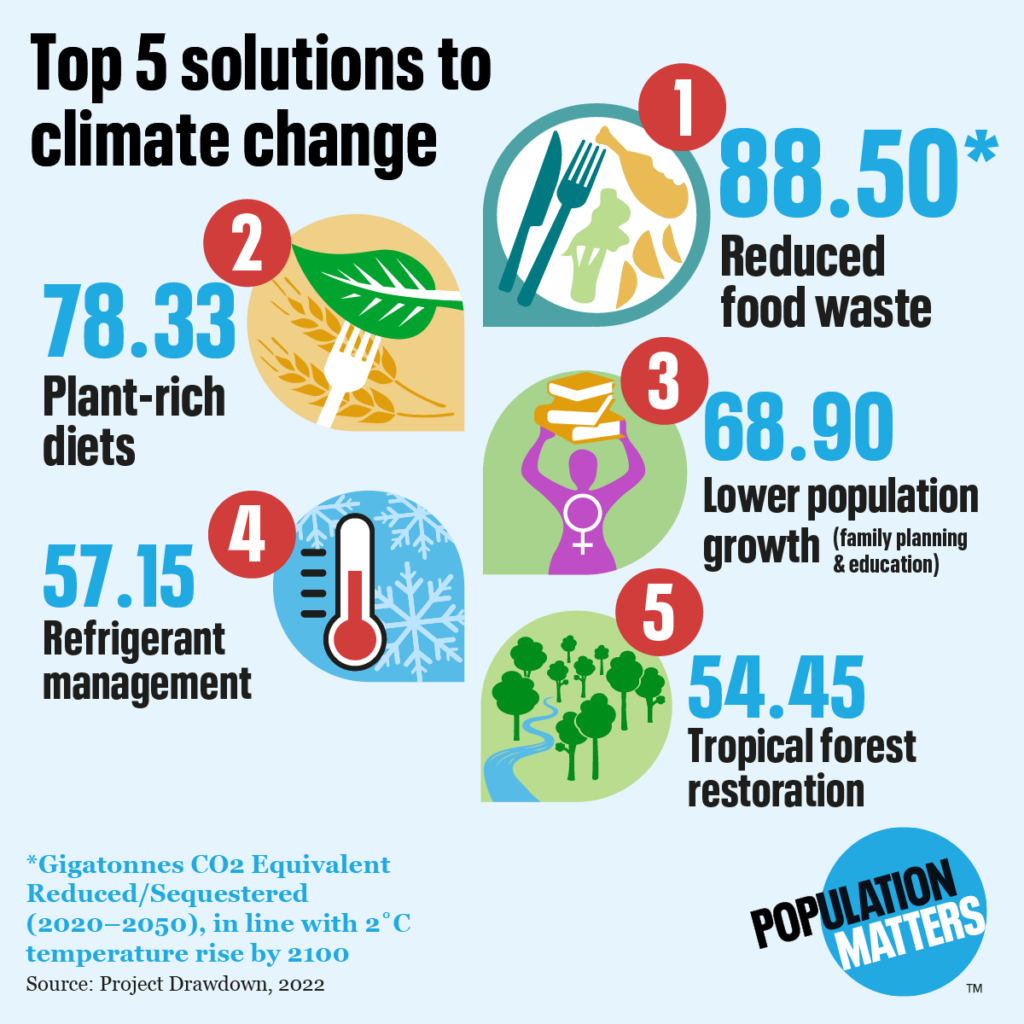Picture this: You’re sipping your iced coffee, scrolling through your feed, and BAM—another headline screams “World’s Hottest Year Yet.” Somewhere between the melting glaciers, wildfires, and flood updates, you realize your chest feels a little tight. Is it the caffeine? Nope. It’s climate anxiety, and it’s very real.
Welcome to the era of eco-dread, where even the weather app can trigger an existential crisis.
Read More- Climate Anxiety and How it Affects Us
What Exactly Is Climate Anxiety?
Climate anxiety—also known as eco-anxiety—isn’t some trendy new buzzword. It’s a legitimate psychological response to the very real threat of climate change. According to the American Psychological Association (APA), it’s “a chronic fear of environmental doom” (Clayton et al., 2017). Fun, right?
And here’s the kicker: you don’t have to live near rising seas or raging wildfires to feel it. Thanks to 24/7 news, climate documentaries, and endless “doomscrolling,” the weight of the world can feel incredibly personal—even from the comfort of your air-conditioned room.

7 Powerful Truths About Climate Anxiety That Are Quietly Shaping Your Mental Health
Let’s break down what’s really going on behind those eco-induced mood swings:
-
You’re Not Imagining It—It’s a Real Psychological Issue
Climate anxiety is recognized by mental health professionals worldwide. A 2021 global survey published in The Lancet found that 59% of young people reported feeling very or extremely worried about climate change (Hickman et al., 2021). This isn’t just worry—it’s deeply emotional distress. -
It’s Linked to Depression and Helplessness
Many people struggling with eco-anxiety also report feelings of sadness, hopelessness, and even guilt. It’s not just the fear of natural disasters—it’s the feeling that no matter what you do, it won’t be enough to make a difference. That helplessness can lead to emotional burnout (Clayton, 2020). -
The Guilt Is Real (and Sometimes Misplaced)
You skipped a plastic straw but flew cross-country last month. Cue the shame spiral. Climate anxiety often feeds off “green guilt,” where people feel they’re not doing enough to help—even when their actions are part of a much bigger picture. -
Young People Feel It the Hardest
Gen Z and Millennials are especially prone to climate-related stress. They’re inheriting a planet with more problems than solutions, and they’re constantly told they’re responsible for saving it. No pressure, right? -
It Can Affect Daily Functioning
Climate anxiety can be more than just background noise. For some, it impacts sleep, focus, and the ability to enjoy life. According to the APA, symptoms can include racing thoughts, panic attacks, and trouble disconnecting from the news cycle (Clayton et al., 2017). -
It’s Connected to Identity and Values
People who deeply care about the planet or identify as environmentalists may feel this anxiety more intensely. When your values feel threatened, your mental health can take a hit. It’s not just climate—it’s personal. -
You’re Not Powerless—There Are Ways to Cope
Here’s the good news: you don’t have to be a climate scientist or superhero to make a difference—or to feel better. Managing climate anxiety isn’t about saving the world alone; it’s about finding agency, community, and balance.
So… What Can You Do About It?
Here are some ways to cool down your climate-related stress:
-
Connect with Others Who Get It- Join climate action groups, local sustainability initiatives, or online forums where you can share feelings and ideas. Collective action helps ease the isolation.
-
Take Action, Big or Small- Whether it’s going vegan one day a week or organizing a community clean-up, small steps can help you feel more in control.
-
Limit Doomscrolling- Staying informed is good. Refreshing disaster updates every 10 minutes? Not so much. Curate your feed to include hopeful, solution-focused content.
-
Talk to a Therapist- Climate-aware therapists are becoming more common. Speaking with a professional can help you unpack the emotional weight of climate stress.
-
Practice Eco-Gratitude- Take time to appreciate nature—watch a sunrise, plant something, or just sit under a tree. Reconnecting with the planet can remind you why you care and soothe anxious thoughts.
Final Thoughts
Climate anxiety is real, but so is your strength. You’re allowed to care deeply, feel overwhelmed, and still protect your peace. The world may be warming, but you don’t have to burn out with it.
Take a breath. Sip that iced coffee. And remember: you’re not alone in this. One mindful step at a time can shift your inner climate, even when the global one feels beyond your reach.
References
Clayton, S., Manning, C., Krygsman, K., & Speiser, M. (2017). Mental Health and Our Changing Climate: Impacts, Implications, and Guidance. American Psychological Association and ecoAmerica.
Clayton, S. (2020). Climate anxiety: Psychological responses to climate change. Journal of Anxiety Disorders, 74, 102263. https://doi.org/10.1016/j.janxdis.2020.102263
Hickman, C., Marks, E., Pihkala, P., Clayton, S., Lewandowski, R. E., Mayall, E. E., Wray, B., Mellor, C., & van Susteren, L. (2021). Climate anxiety in children and young people and their beliefs about government responses to climate change: A global survey. The Lancet Planetary Health, 5(12), e863–e873. https://doi.org/10.1016/S2542-5196(21)00278-3
Subscribe to PsychUniverse
Get the latest updates and insights.
Join 3,036 other subscribers!
Niwlikar, B. A. (2025, April 24). 7 Powerful Truths About Climate Anxiety That Are Messing With Your Mind (And How to Fight Back). PsychUniverse. https://psychuniverse.com/climate-anxiety/




Pingback: Sustainability: 4 Powerful Barriers and 5 Ways to Overcome Them - PsychUniverse